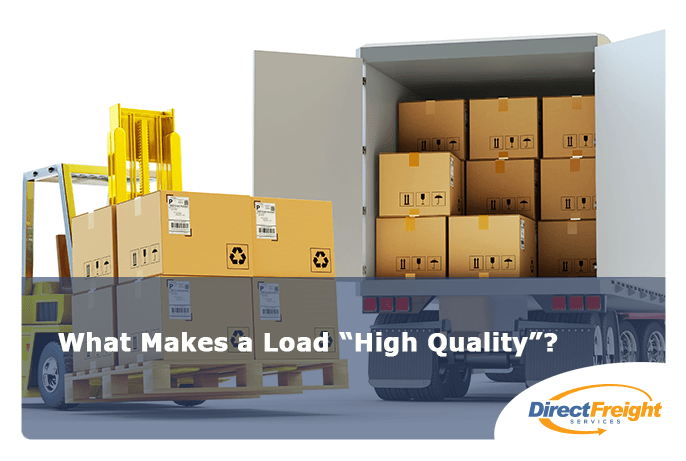Logistics is a word we hear quite often these days, often in relation to global commerce. It used to be a term reserved for the military, referring to how they moved people and supplies around the country and the globe. Now, it seems to be almost a catchphrase, used in all areas of business. But what does it really mean?
What It Is
Logistics is the planning involved with getting goods from producer to consumer, moving goods through the supply chain. It’s a two-pronged approach, one consisting of the transportation of freight storage of freight along its journey and the other dealing with its storage.
The objective of logistics is to ensure that the journey is completed in a timely and cost-effective manner. Large retailers like Target and Walmart own parts of their own logistics, evident by their trucks on the highways while smaller companies use Third Party Logistics firms (3PLs) like FedEx, UPS, and DHL. You give them your product and they find the most efficient and quick route to get it to its destination. 3PLs work to integrate with your own processes to have seamless delivery of goods.
Logistics is generally made up of transportation and warehouses. Think about where a product comes from. A product from Japan would cross an ocean on a boat or plane, and when it lands in the U.S., it may be loaded on another plane, a truck, or a train, maybe more than once along the way before it reaches its destination somewhere else in the U.S. It may sit in storage in a shipping container at its port of entry before it begins its state-bound journey, and it may have to sit in warehouses for a period of time. It may take one vehicle or be transferred to several modes of transportation along the route. Logistics will sort it all out. It is not a single service, but rather, a group of activities, links in a chain, that take a product from completion to the hands of the consumer.
Freight may sit in a warehouse for some time, for example, an Amazon fulfillment center. Freight comes in from all over the world and is housed until consumers log on and order it. Warehouses have their own logistics to get the product from shelf to truck, using manned forklifts or driverless forklifts and robots.
Why is it important?
Speedy and efficient delivery has always been important to any company’s bottom line, but Amazon’s famous 2-day delivery promise for Prime members has changed consumers’ expectations. In order to compete, retailers need to figure out how to provide customers with inexpensive, fast delivery. It’s all about streamlining and creating the most effective processes.
Are Freight Brokers the same as Logistics Providers?
Not really. Freight brokers are intermediaries for shippers and carriers. They line up transportation that will take the freight from the shipper to its destination, negotiate rates, track the freight in transit and handle any problems that crop up along the way. Freight brokers deal with the transportation side of things.
Logistics providers deal with the transportation of freight―in fact, they often hire freight brokers for this―but they also plan and organize warehousing products when needed as part of the supply chain.
Using a freight broker to move their product allows shippers to be able to dedicate more time to other aspects of their businesses. Using a freight broker can be a cost-effective solution to growing a business.
Direct Freight is an essential tool for shippers, freight brokers, and carriers. It allows users to post or find trucks and includes many features that will help move freight smoothly and efficiently. Go to DirectFreight.com today to find out more.










